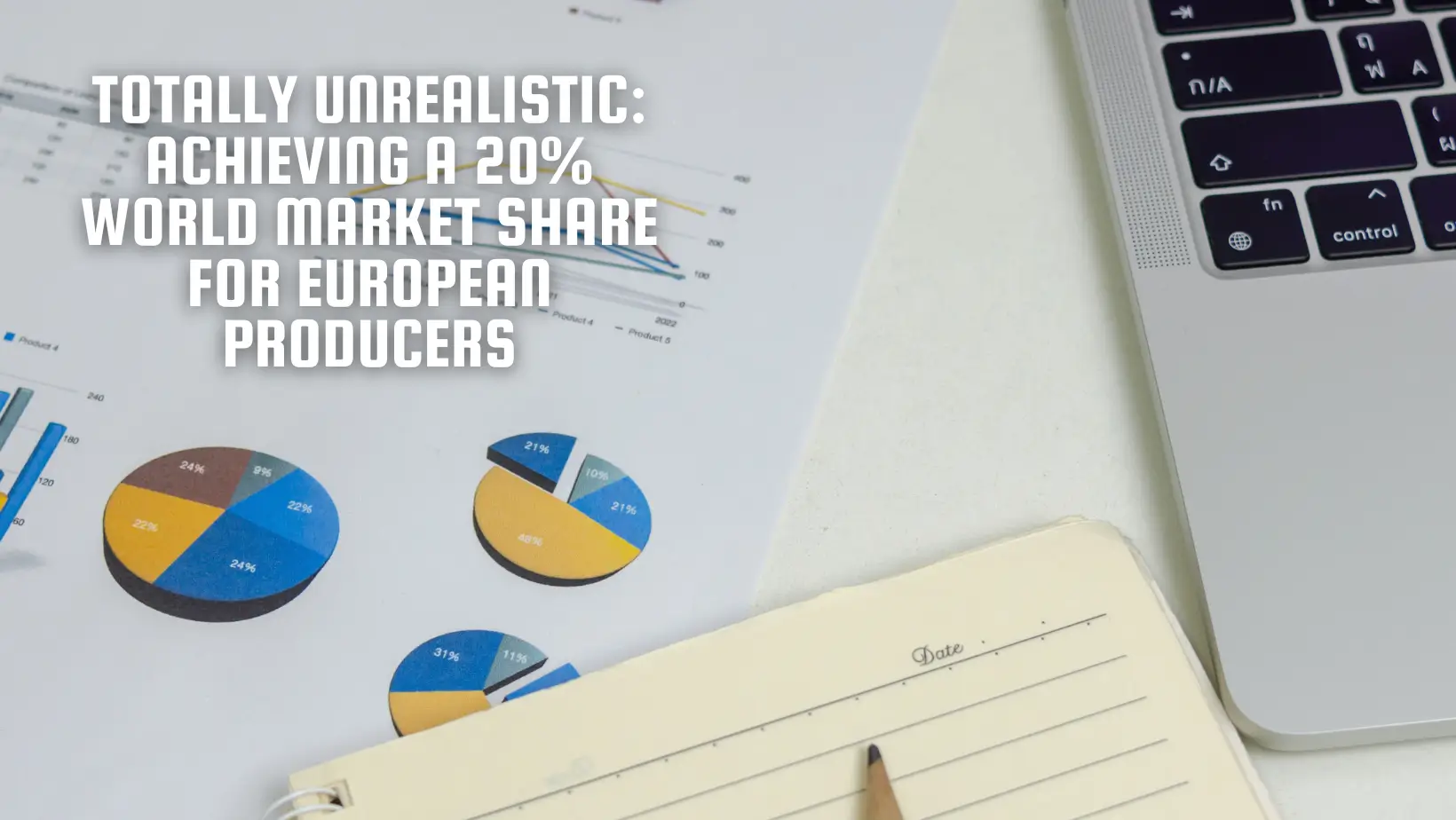The ambitious goal of the EU’s $43 billion Chips Act is to achieve a 20% world market share for European producers by 2030, but ASML CEO Peter Wennink believes that this target is ‘totally unrealistic’. Despite notable investments in fabs by prominent companies such as TSMC, Bosch, NXP, and Infineon, Wennink asserts that these efforts, although beneficial for the European car industry, fall short of what is needed to reach the 20% market share goal. He emphasized, “It’s not enough at all, if you want to get to 20%, you just have to calculate how much you need to build here.
In 2022, NXP CEO Kurt Sievers stated that an estimated €500 billion investment in Europe would be necessary to attain the 20 percent market share goal. Additionally, according to SEMI, the industry landscape paints a clear picture of the challenge ahead for Europe. China, Taiwan, Korea, Japan, the USA, and Southeast Asia are all projected to have significantly more semiconductor manufacturing capacity (measured in 8 inch equivalent wafers per month) than Europe. The region is currently only accounting for approximately 8% of the industry capacity and market value.
To reach the 20% market share goal by 2030, in a global landscape where capacity is growing at about 6% annually, Europe would need to build and put into full volume production around a dozen new fabs. This underscores the substantial investment and rapid development required to significantly bolster the semiconductor industry's position within the global market.
